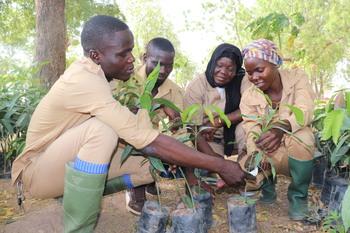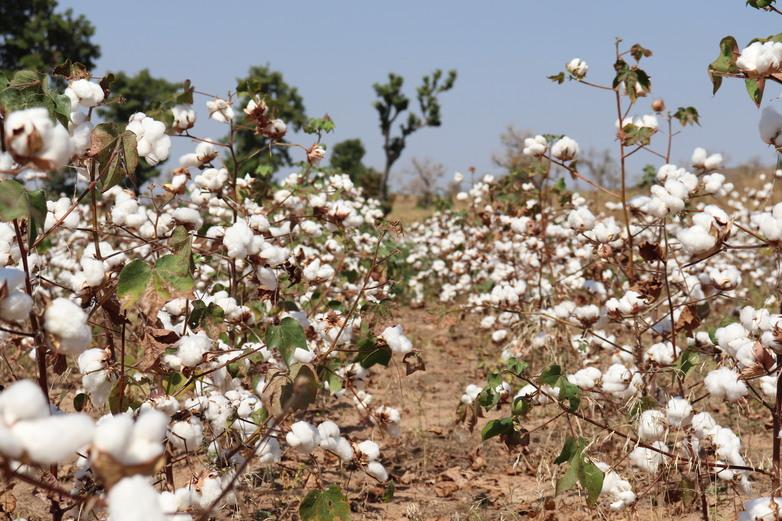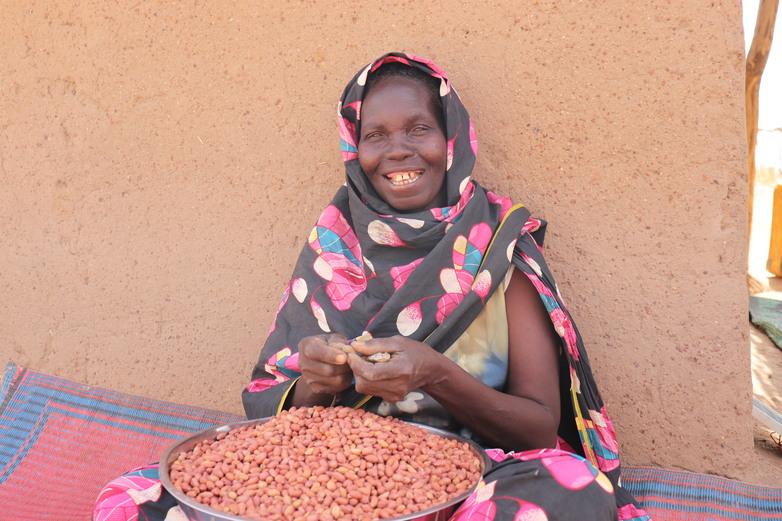Context
Cameroon's cotton basin, which includes the Adamawa, North and Far North regions, is considered the area with the highest rate of poverty in Cameroon. About 80 to 85 per cent of the population lives from agriculture and livestock and almost one third lives directly or indirectly from the spin-offs of the cotton sector.
The region is undergoing demographic change that has led to conflicts over access to natural resources and significant internal migratory movements. This together with a progressive loss of soil fertility hinders the sustainable and economic use of productive land. Women and young people are particularly affected. Infertile soils account for 25 to 30 per cent of arable land (about 1.7 million hectares) and the increase in population has led to a decrease in the amount of land that can be used for cultivation. This situation not only causes conflicts between farmers and herders and exerts strong pressure on forests and parks, but also has repercussions for climate change.
Objective
The introduction of modern agricultural practices adapted to climate change in Cameroon’s cotton regions is improving the economic performance of private actors in the agriculture and livestock sectors.


